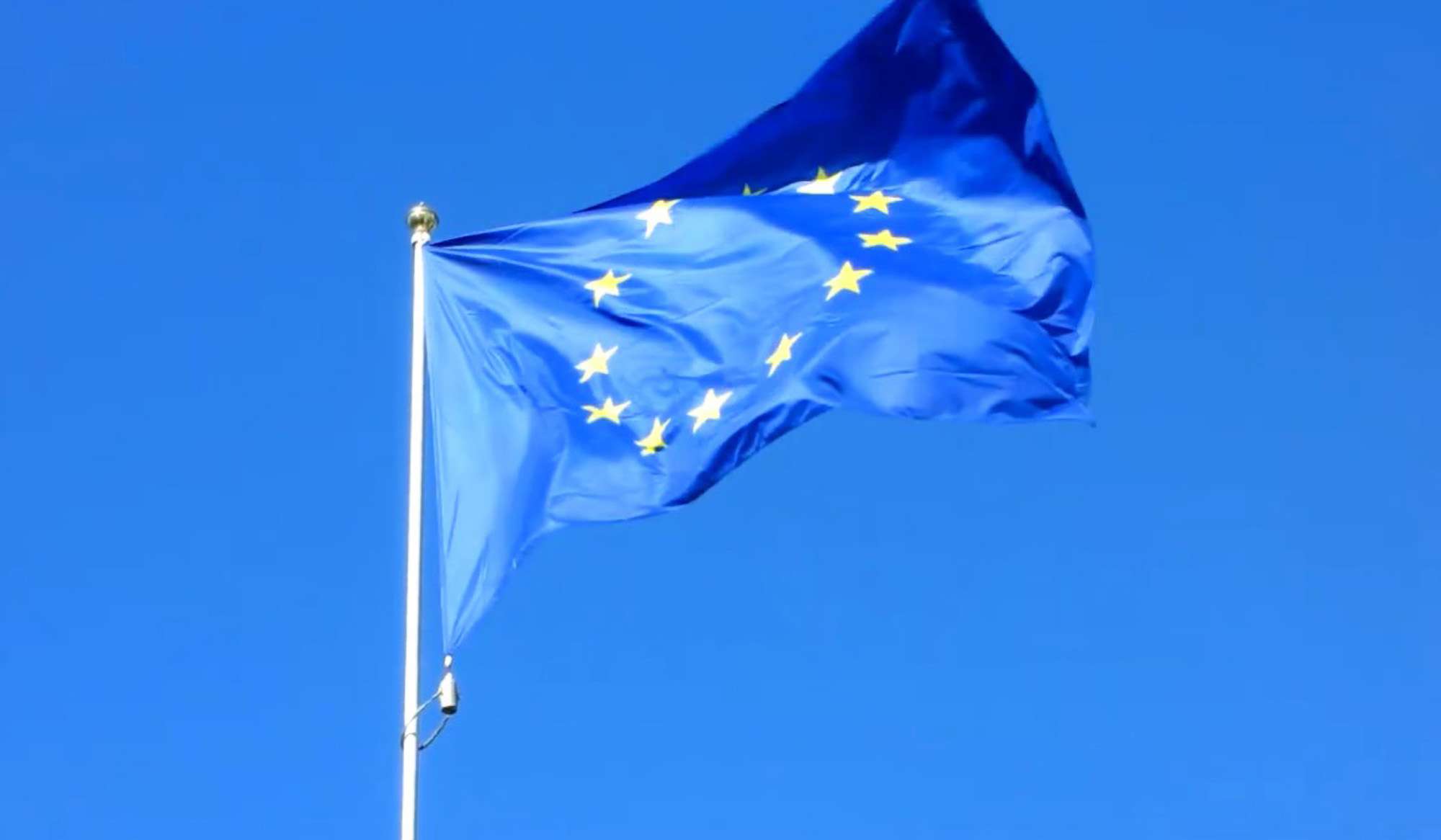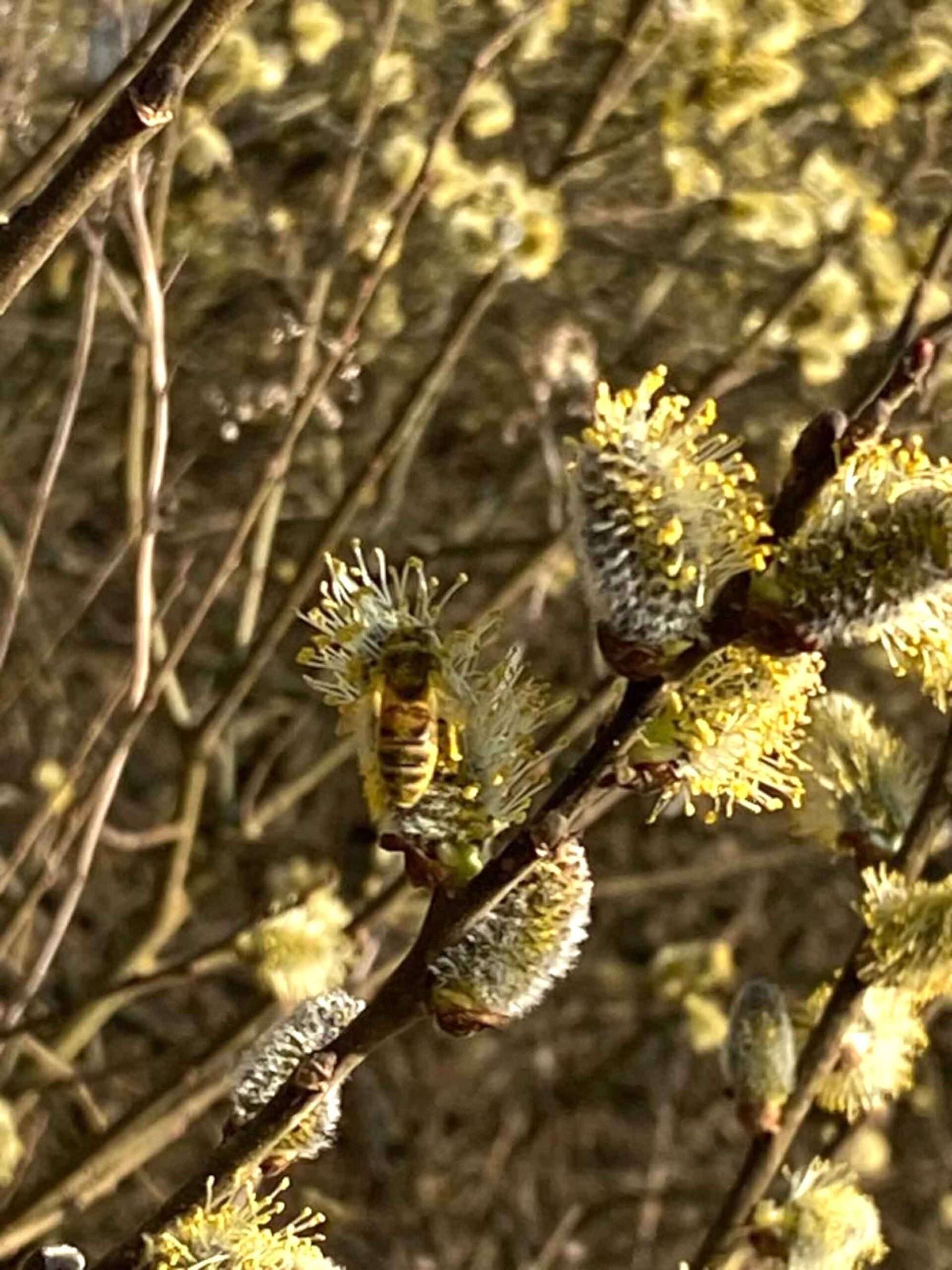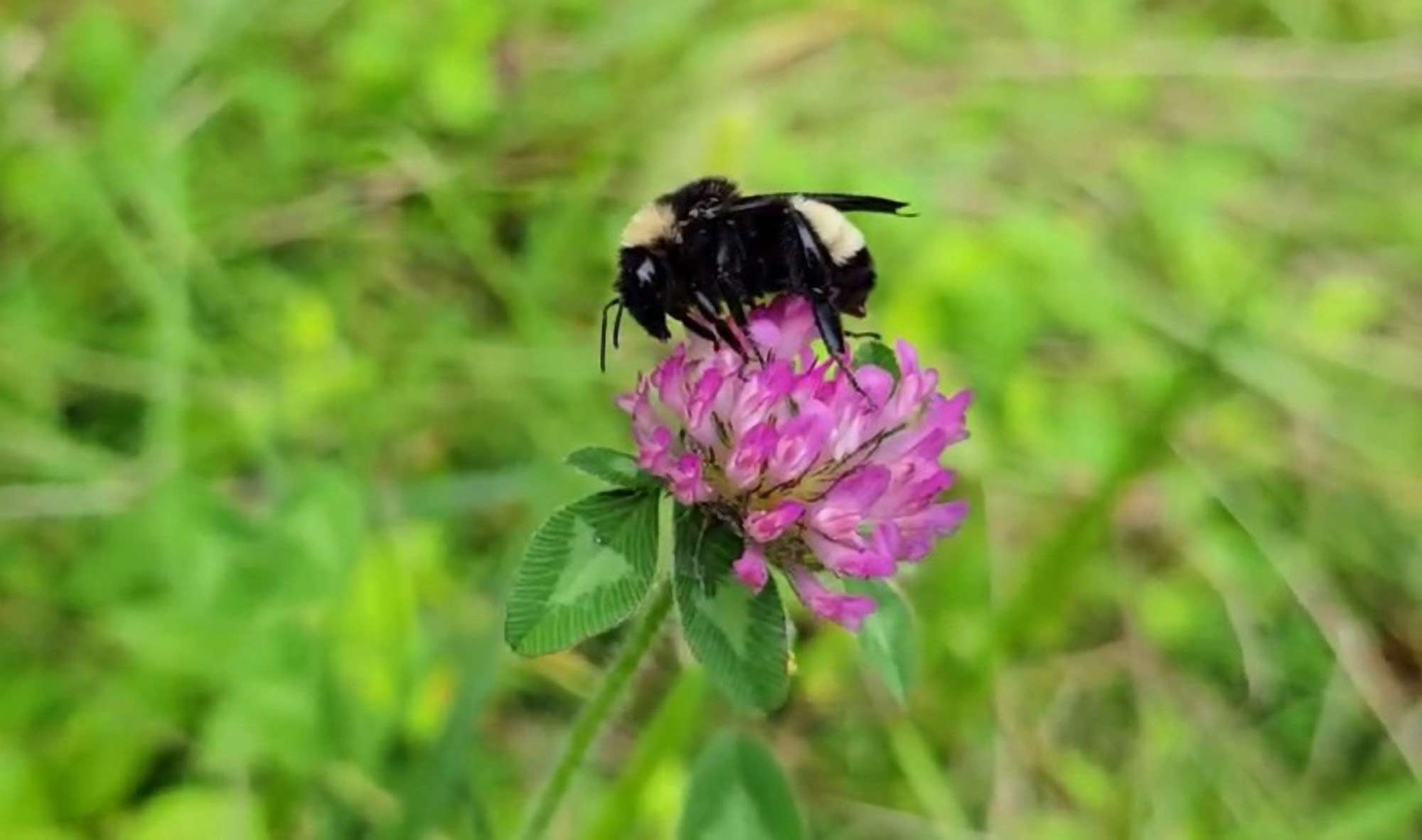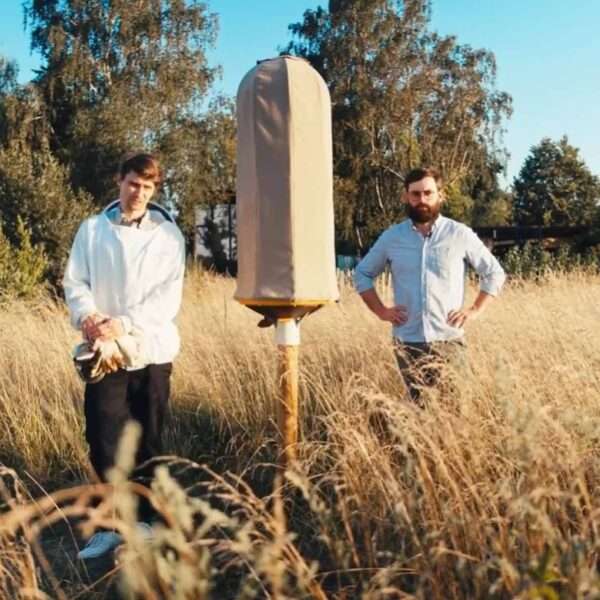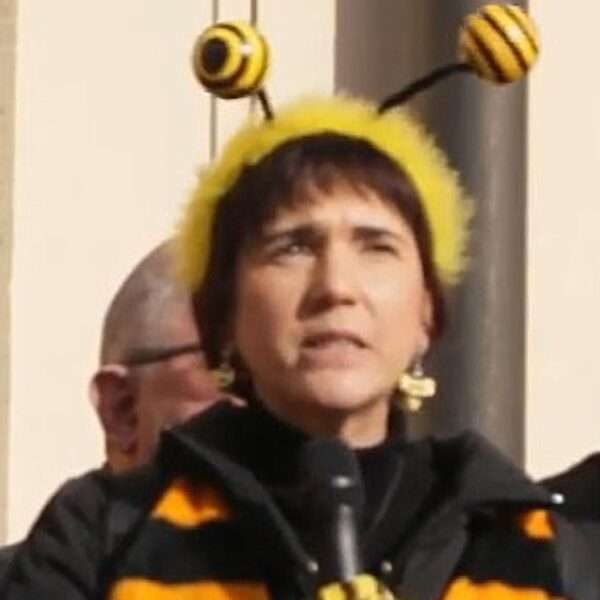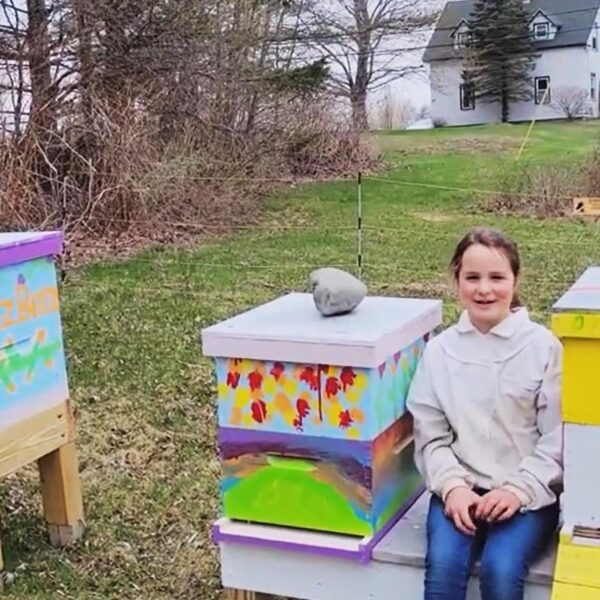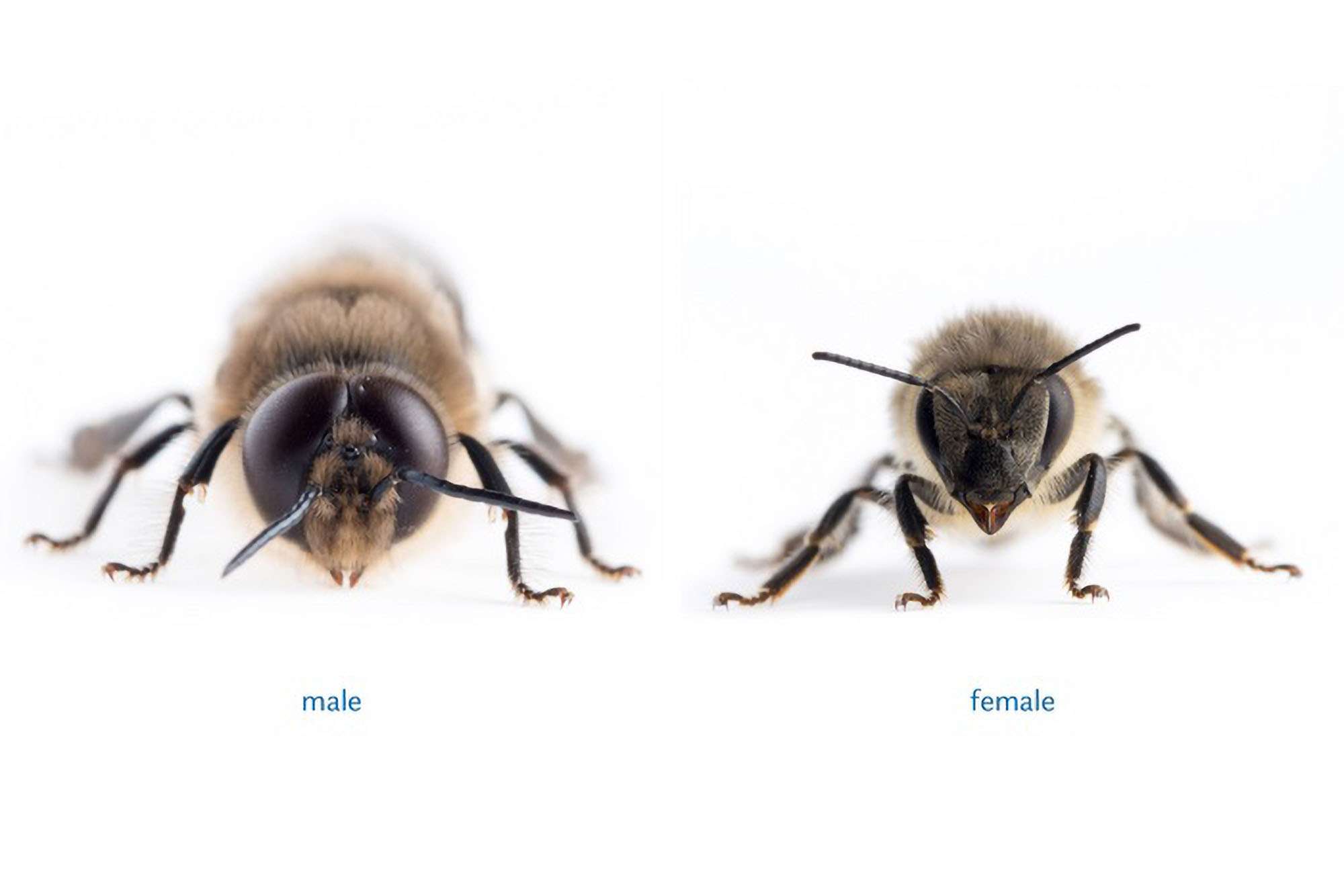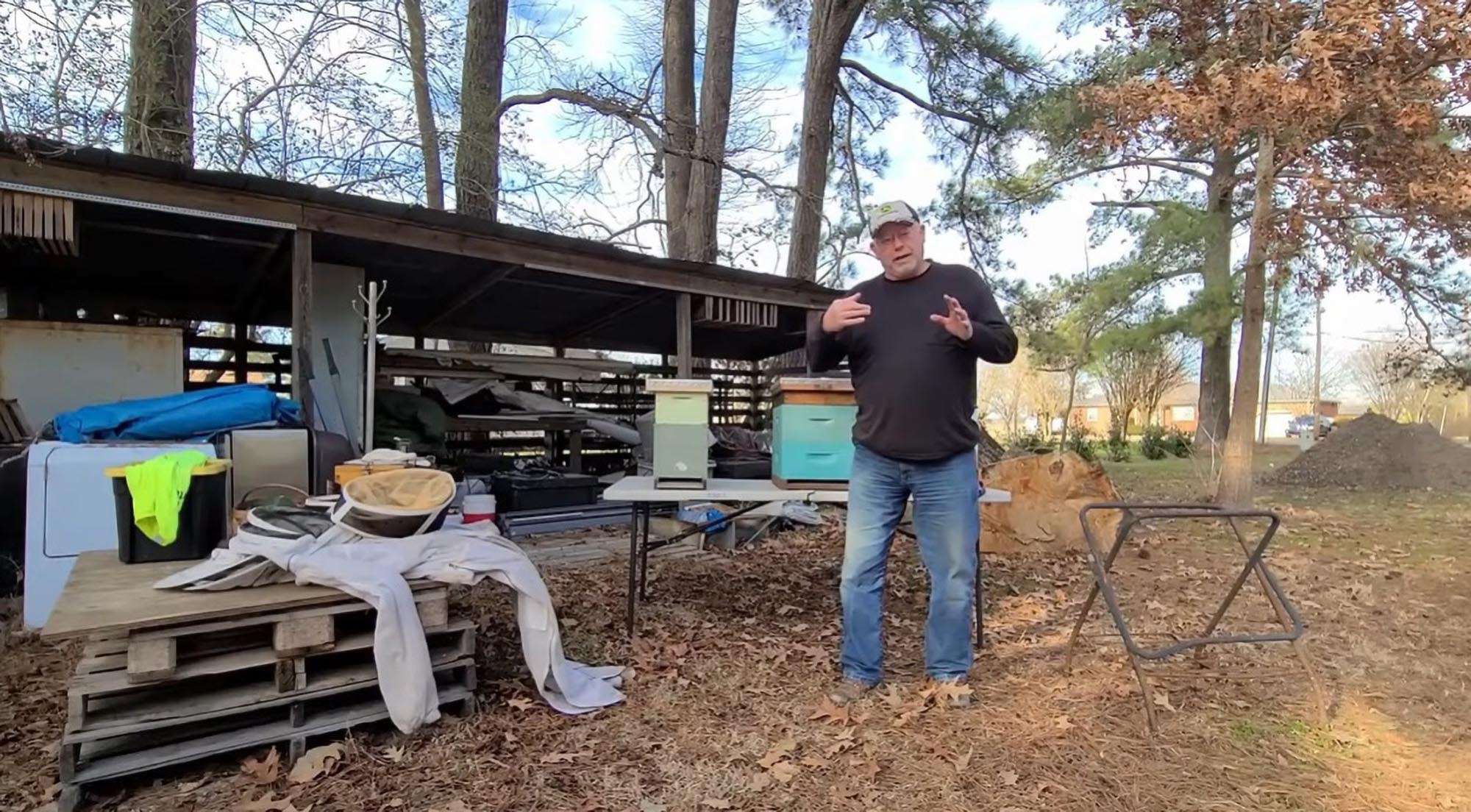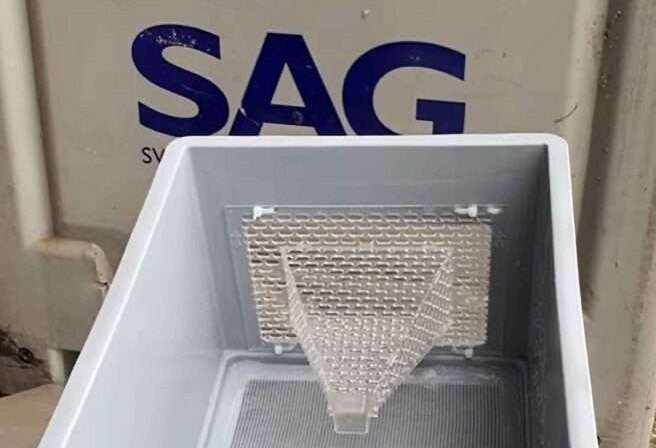The head of a European anti-fraud organisation has said vigilance is vital after almost 50 per cent of imported honey samples were found to be laced with sugar in a study.
Ville Itälä is the director-general of OLAF, the European Commission’s (EC) anti-fraud body. He said: “The EU is an importer of honey as the internal demand is higher than our domestic production. It is important that we remain vigilant against any abuse.”
Experts at OLAF and the EC’s Joint Research Centre (JRC) checked 320 samples of honey imported from different non-EU countries to find that 46 per cent of them included some sort of syrup. This practice is a breach of European Union (EU) restrictions.
Itälä explained that – while adulteration might be the most common kind of fraud – other illicit have been detected as well.
The OLAF chief revealed: “We also found instances of origin fraud, with labels claiming false origins of the product.”
He concluded: “This action served to raise attention, call for order and deter any fraudulent practices.”
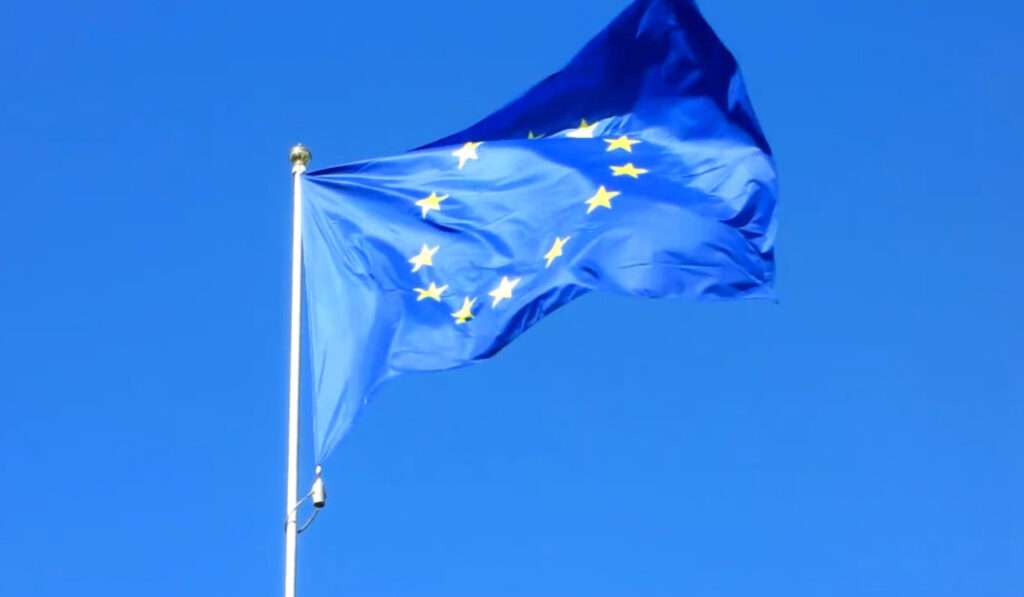
A spokeswoman for OLAF said: “Honey naturally contains sugars and, according to EU legislation, must remain pure – meaning that it cannot have ingredients added to it.”
She criticised: “Adulteration occurs when ingredients such as water or inexpensive sugar syrups are artificially added to increase the volume of honey.”
Seventy import firms and 63 export businesses were found to be involved in the transfer of adulterated honey. By referring to their low consumer price strategy, OLAF officials accused them of being “unfair competition” for EU honey farms – but remained tight-lipped concerning potential sanctions.
Sixteen EU member states – including Germany, France and Italy – as well as the non-EU countries Norway and Switzerland participated in the study.
Most fake honey on sale in the EU reportedly originates from global market leader China and Turkey.
The EC experts also rated all 10 samples that entered the association of nations via the United Kingdom as ‘non-compliant.’ They reportedly assume that these products had been produced elsewhere before being processed in the UK and put on sale at supermarkets across Europe.
Spain is the leading producer of honey among the EU-27, followed by Romania and Greece. With 11,000 beekeepers among its 2.1 million residents, Slovenia tops the EU’s per capita apiarist ranking.

